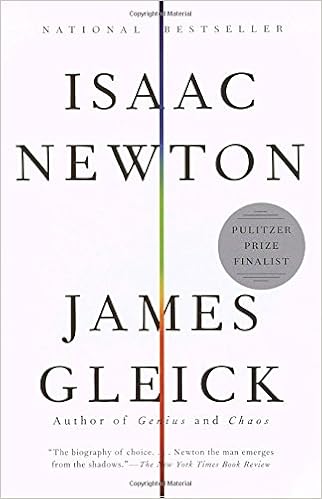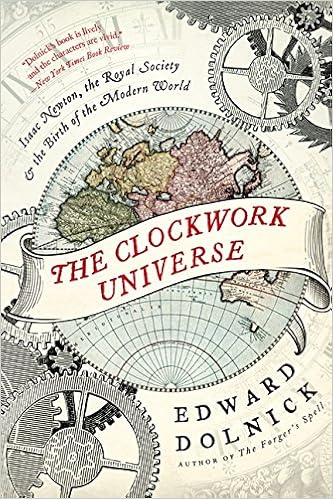
- Newton was born January 4, 1643, in Woolsthorpe, England, United Kingdom
- He died March 31, 1727, in London, England, United Kingdom
- Newton actually studied for a degree in law.
- The young Isaac was enrolled in King’s School in Grantham, a town in Lincolnshire
- King’s School, Grantham in Lincolnshire still has his signature inscribed on the walls.)
- Grantham was the birthplace of Mrs Thatcher
- Newton’s mother wanted Isaac to become a farmer, but Isaac had no interest in farming exams and failed!
- He owned more books on historical subjects than on science.
- Isaac Newton suffered two nervous breakdowns.
- He remained single throughout his life. After from a brief flirtation in his teenage years, he was too absorbed in his studies for romance.
- Newton was notorious for his bad temper and conflicts with other people. In particular Hooke and Leibniz.
- Between 1665 and 1667 the University of Cambridge was dispersed due to the Plague and Newton returned to Woolsthorpe Manor.
- Isaac Newton became known in the scientific community through his refractive telescope – a big improvement on existing telescopes.
- Isaac Newton disliked to hear any criticism and he became embroiled in a bitter row with Robert Hooke, an original member of the Royal Academy.
- After the death of his mother in 1678, Newton entered six years of intellectual seclusion where he only communicated with the briefest notes.
- It is claimed Newton’s discovered the theory of gravity after watching an apple fall in the orchard.
- Throughout his life, Newton continued research into a wide range of subjects including mathematics, optics, astronomy and alchemy.
- Newton wrote prolifically on alchemy, believing a key goal was the Philosopher’s Stone (a substance which would turn base metals into gold. Many of his writing were kept quiet as some alchemy practices were punishable by death.
- Newton was interested in the new wave of philosophy becoming known in the Western world. He became an acquaintance of the political philosopher John Locke.
- He was elected as Member of Parliament for the University in 1700, but only held this post for a year.
- Newton himself would tell the story of an apple falling from a tree giving him inspiration for his work on gravity. However, there is no evidence he was actually hit by an apple!
- Newton’s book – Philosophiae Naturalis Principia Mathematica (Mathematical Principles of Natural Philosophy), has been called the single most influential book on physics
- In 1696, Newton was appointed warden of the Royal Mint. He took his duties very seriously, seeking to prevent corruption.
- As master of the Mint, Newton moved the British currency, from the silver to the gold standard.
- Newton was fascinated with religion, though didn’t hold Christian orthodox views. He wrote an article on textual criticism of the Bible.
- Newton was interested in the sacred geometry of Solomon’s Temple. He noted that the temple’s measurements had a divine symmetry and were symbolic of man’s relationship to the earth.
- Newton was ‘accused’ of being a Rosicrucian – a mystical sect who were deeply religious, anti-catholic and interested in aspects of alchemy. Newton shared many sympathies with the Rosicrucians though didn’t publically claim membership.
- One of Newton’s most famous quotes was:
- “If I have seen further it is by standing on the shoulders of giants.”
- English poet Alexander Pope wrote the following epithet for Newton.
“Nature and nature’s laws lay hid in night;
God said “Let Newton be” and all was light.” - Newton died in 1727, at the age of 85
Isaac Newton
Isaac Newton at Amazon
Isaac Newton, the Royal Society, and the Birth of the Modern World
Isaac Newton, the Royal Society, and the Birth of the Modern World at Amazon
Related pages
Famous 

 Scientists – Famous scientists from Aristotle and Archimedes to Albert Einstein and Charles Darwin. Including mathematicians, biologists, physicists and chemists.
Scientists – Famous scientists from Aristotle and Archimedes to Albert Einstein and Charles Darwin. Including mathematicians, biologists, physicists and chemists.


Inventions that changed the world – Famous inventions that made a great difference to the progress of the world, including aluminium, the telephone and the printing press.


